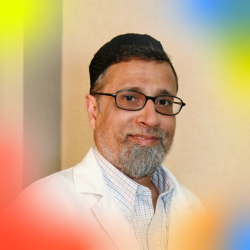The Association of Clinical Research Professionals (ACRP) announces it has been recognized by the Health Information Resource Center for the Fall 2025 Digital Health Awards.
While having members of clinical trial teams take specimens from and record data about study participants can become a familiar feature of measuring their progress through a trial to researchers and patients alike, none of them may be thinking at the time about how those physical and digital leftovers can have an afterlife in later research.
With research nurse coordinators playing what is to outsiders an often underrecognized role in strengthening and championing many clinical trials teams, a partnership between one such team and an academic nursing program aims to introduce nursing students to clinical research as a meaningful and dynamic career option.
In clinical research settings, “vulnerable populations” refer to groups of people who can be harmed, manipulated, coerced, or deceived by unscrupulous researchers because of their limited decision-making ability, lack of power, or disadvantaged status. However, individuals from these populations may legitimately participate in clinical trials under ethical and well-managed conditions,
While the “do more with less” mantra probably dates back to some well-meaning prehistoric manager from the dawn of organized labor, its modern prevalence in clinical research settings can seem particularly galling in the face of serious fiscal uncertainties and ongoing workforce supply and readiness challenges when patients’ lives and wellbeing are on the line.




